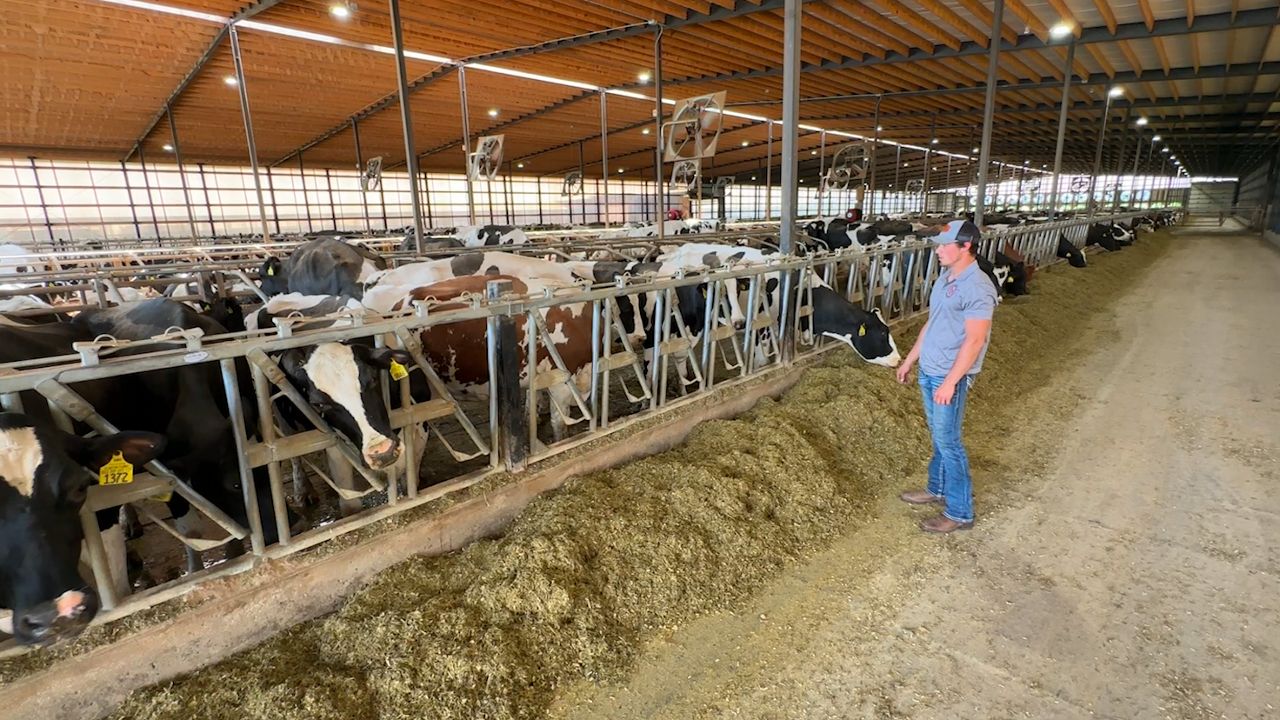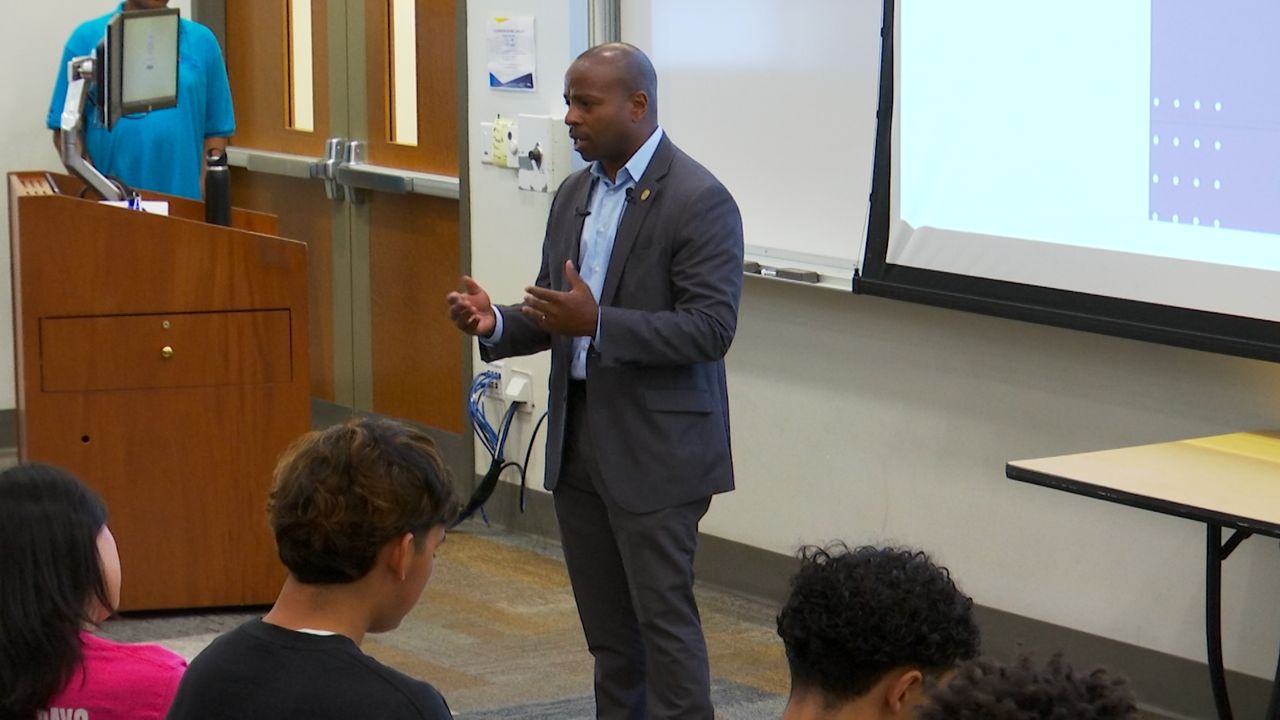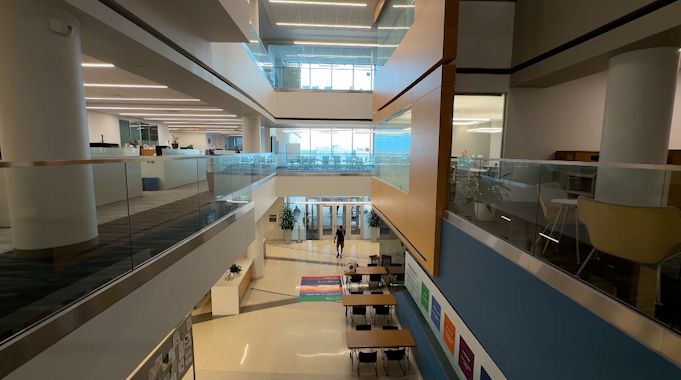GREEN BAY, Wis. — The Brown County Board voted last week to approve a plan with Green Bay and the C. Reiss Company to relocate coal piles along the Fox River.
On Tuesday, the Green Bay City Council is expected to vote on funding for its part of the deal.
Tarl Knight is excited a deal has been reached that’ll remove the century-old coal piles from the riverfront near downtown Green Bay.
Knight owns At the Trax, a live music venue. He said these coal piles behind his business have not only been an eyesore, they’re also a health concern.
“Having a business and having a residence means dealing with coal dust and coal ash on a daily basis. That means any time we open our windows, there’s coal dust coming into our home. That means for any of the residents, that’s children breathing coal dust,” Knight said.
C. Reiss Company owns the coal piles that have been located along the Fox River since 1900. Under the deal, C. Reiss Company and the county will finalize a lease agreement to store the coal at land near the Fox River terminal.
“The Fox River terminal site, which is owned by C. Reiss’ parent company, which is right next to — literally almost right next to — the former Pulliam power plant site, which is the property that the county owns. The goal is for them to move any new coal that comes into the market will be eventually stored at that site,” said Brown County Executive Troy Streckenbach.
Streckenbach said in the best-case scenario, these coal piles could be gone in four years, but said it could take longer.
He said Brown County would like to see this area redeveloped into mixed-use housing and retail which could infuse much-needed revenue into the downtown area.
“Somewhere in the area of [$150 million] to $200 million of economic impact that it will have. So, we’re encouraged to see that,” Streckenbach said.
Knight said that while this economic boom would be great for this area, he’d like to see the remediation of this land.
“It means being able to enjoy the area that they live in free from all of the really dangerous elements that are produced by the coal piles and the industrial corridor that none of the more affluent areas of the downtown really have to deal with,” Knight said.
The city of Green Bay could provide up to $2.2 million in funding toward the cost of relocating the coal piles.







